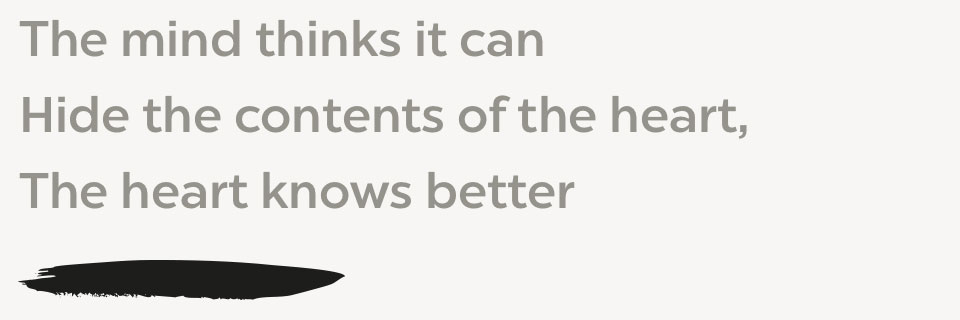How does choice relate to disengagement? Allow me to digress.
My favorite scene in The Devil Wears Prada is when Meryl Streep’s character, Miranda Priestly, gives an incisive mini-lecture on the invisible and pervasive power of the fashion industry. Check out the clip, it’s less than two minutes. (Not a spoiler!)
This scene brings tears to my eyes, but not because of fashion. In a larger sense, what she talks about is beliefs and values. She closes with:
“…it’s sort of comical how you think that you’ve made a choice that exempts you from the fashion industry when, in fact, you’re wearing the sweater that was selected for you by the people in this room from a pile of stuff.”
Did you ever notice the beliefs and values of most adults formed before their cognitive functions were mature?
We are literally incapable of abstract thought until around age eleven, but for the decade beforehand we develop concepts of good and bad that define our lives forever. For some, those beliefs and values define who they are. For others, they are temporary placeholders, like baby teeth that they eventually outgrow.
It depends on whether they lead an examined life.
What makes me sometimes laugh and other times cry is how so many people think they consciously chose their beliefs and values, when what is more often true is that they merely rationalize the beliefs and values selected for them by other people (from a pile of stuff), primarily their family of origin. The pile of stuff in this case is what we commonly call “baggage.”
For example, who taught you about work? It happened long before your first job. You saw one or both of your parents come home from that mysterious other world called “work.” Before you could understand money, what they did, or why they did it, you could feel what they felt about it.
Were they tired? Depressed? Energized? Triumphant? Did they complain about their boss or coworkers? Were they excited to go back? Or did they open a bottle of something to put the day behind them? Did work make your parents more or less emotionally available to you as a child? Did you experience that your parents’ work served you?
What you felt about work then you stored deep inside you. Years later, your mind learned about work. Maybe you were told about the value of a “hard day’s work” or that “excellence is its own reward.” But no matter what you learned mentally, even what you believed, it didn’t touch the emotional realm. For many people, this results in internal contradictions, which for most people is some version of the following:
- We learn emotionally that work is a draining affair where you have to do something for someone else that you don’t want to do, so you can do what you want after work and on weekends.
- We learn mentally that being productive and doing a good job is what good people do to be a well-adjusted member of society.
Do you see the problem? Is it any surprise that over 65% of American workers are disengaged?
1+2 = Disengagement
Do you understand now why most people don’t even realize they’re disengaged? They’re disconnected from their emotions and listen only to what their mind says about work, unconsciously hoping their deeper feelings don’t leak through.
But they do.
If you manage people, you know what I’m talking about. The deeper emotions leak into passive-aggressive words and counter-productive actions. And most of the time when you call someone on it, their mind says something like, “Oh, no, I love my job! That was just a poor choice of words” or “I was having a bad day” or “Mecurcy was in retrograde” or any of the myriad excuses anyone uses to keep an uncomfortable truth hidden.
This is the problem that Clear and Open is dedicated to solving and what we’re addressing right now during the How to Manage and Be Managed course.
(If you didn’t get in on joining us for this, stay tuned. A replay version will be available in a couple months. Until then, you’re welcome to take a look at my other offering—the Cut the Bullshit eBook. Click here for more details.)
Until next week, think about various ways you see disengagement in your own business.


